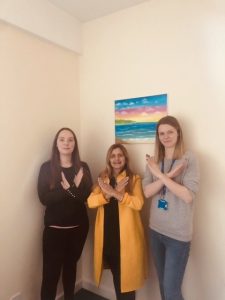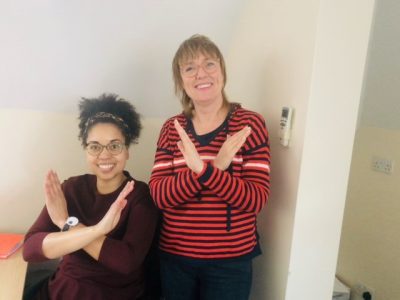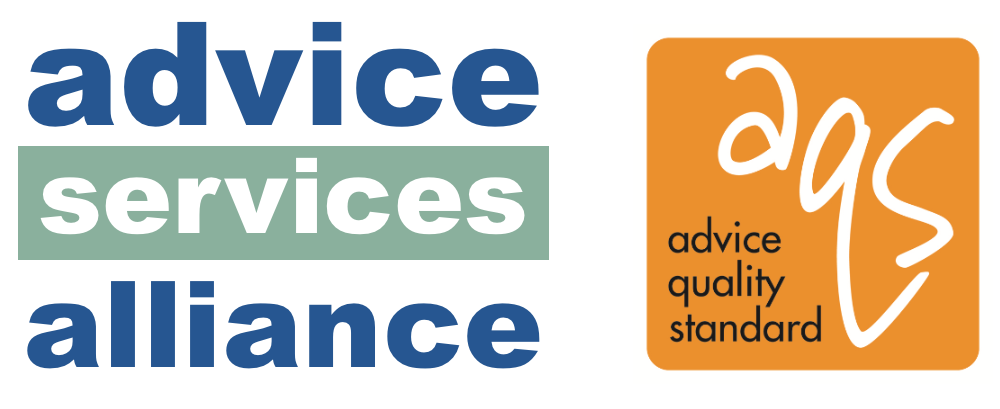International Women’s Day 2022: Breaking the bias in women’s mental health care
The theme of this year’s International Women’s Day is break the bias, looking at the many unconscious and overt biases women face in everyday life.
The campaign looks at biases in the workplace, school, health, and other important areas, but as a mental health charity, we are going to focus on women’s mental health.
Unfortunately, there is still a worldwide disparity in women’s health care due to a widespread gender bias, and this can be true even in mental health.
Doctors, specialists, and care providers can all hold biases about gender, leading to delays in diagnosis, misdiagnosis, or even outright dismissal of women’s experiences.
Issues women face in mental health care
Disbelief in women’s reported symptoms
Within physical health, men’s reports of consistent or chronic pain are often more likely to be believed than women’s, who may be dismissed as being ‘hysterical.’
Sadly, similar dismissals can happen in mental health care, with women sometimes being seen as more emotional, or less resilient than men.
This is, of course, untrue.
But nevertheless, being a woman can have a real impact on getting an accurate diagnosis when it comes to mental health.
In a 1986 study into this phenomenon, researchers looked at a group of patients with serious organic neurological disorders who’d initially been diagnosed with hysteria, and identified the characteristics that made a patient likely to receive such a misdiagnosis. One was having a prior diagnosis of a psychiatric disorder, another was being a woman.
While things have thankfully improved since then thanks to unconscious bias training and increased awareness of this issue, there is still a long way to go to eradicate biases when it comes to women’s mental health.
Societal imbalance
If women do get mental health support, there’s often an imbalance when it comes to treatment in terms of women’s role in society.
Social and economic factors can put women at greater risk of developing a mental health issue than men.
These factors can also make recovery more difficult. Mindfulness can be a powerful tool in coping with stress or anxiety, but asking a mother of three with a full-time job to find twenty minutes for herself without worrying about work, bills, or childcare isn’t always practical.
While this example doesn’t apply to everyone, it is always worth considering the context of women’s lives when working on a mental health support or recovery plan, and as such we work with our service users to ensure our support is tailored to their needs.
Women and support networks
A common assumption in mental health is that women usually have larger and more supportive networks than men, but again, this is an assumption medical professionals rely on without knowing if it’s true for individual cases.
This is an example of a positive bias, one that medical workers may assume as a benefit, but even this can be harmful to women seeking professional help for their mental health.
When seeking mental health advice or support, it shouldn’t be assumed that women are somehow less at risk, or have more people around them who can help, simply because of their gender.
How HFEH Mind is working to break these biases
As mental health professionals, we’re constantly striving to improve our services. We train our staff to tackle unconscious bias, and have reviews and panels of service user representatives who give feedback on how we can be more inclusive.
Biases in mental health care are a real barrier to women getting the help and support they need. We will continue to fight to break the bias, with internal reviews, training, and developing industry practices.


If you’re a women looking for mental health support, check out our advocacy pages.
Read more about societal barriers to mental health care, or learn about the impact our mental health support has on our community.
Sign up for our Newsletter
Sign up here for our monthly newsletter of mental health tips and advice, as well as to know what we’re up to.
We have newsletters for adults, children and young people, parents, and education staff.
Posted on: 8th March 2022

















